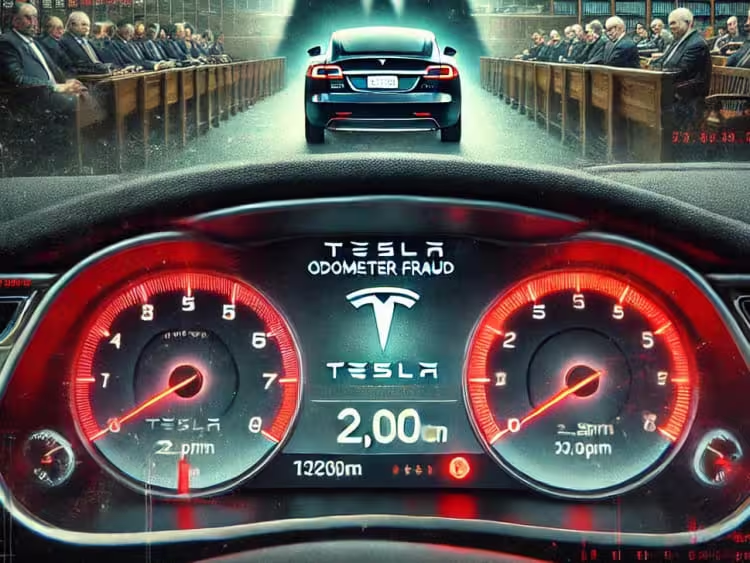3 Minutes
Allegations of Algorithmic Manipulation in Mileage Reporting
Tesla is currently embroiled in a class-action lawsuit in California, accused of employing software algorithms that inflate odometer readings in its electric vehicles. This alleged practice could lead to warranties expiring sooner than expected, potentially saving the company substantial repair costs. If these claims are substantiated, Tesla may face a crisis comparable to Volkswagen's "Dieselgate," with significant financial penalties and a potential erosion of consumer trust.
Details of the Lawsuit
The lawsuit, filed by plaintiff Nyree Hinton, centers on his 2020 Tesla Model Y. Hinton asserts that despite a consistent daily commute of approximately 20 miles, his vehicle's odometer recorded an average of 72 miles per day. This discrepancy resulted in his 50,000-mile warranty expiring in just 18 months, leaving him responsible for repair costs up to $10,000. The complaint alleges that Tesla's odometer system utilizes predictive algorithms, energy consumption metrics, and driver behavior multipliers, leading to inflated mileage readings.

Financial Implications and Comparisons to Previous Scandals
The lawsuit suggests that for every 1,000 miles artificially added by Tesla's algorithm, the company saves approximately $200 in warranty expenses. This practice could potentially generate around $3.99 billion in annual profits for Tesla. If these allegations are proven and found to be systemic, Tesla could face a wave of international lawsuits. In California alone, up to 1.3 million warranty contracts might be declared void. For context, Volkswagen's 2015 "Dieselgate" scandal resulted in approximately $33 billion in fines and a significant loss of market share in the U.S.
Elon Musk's Response and Customer Trust Concerns
Tesla CEO Elon Musk has dismissed the allegations as "idiotic." The company's primary defense hinges on a technicality: legally, odometers can have up to a 4% margin of error. However, the lawsuit claims discrepancies as high as 117%, equating to an average daily speed of 330 kilometers per hour—a figure that seems implausible for a typical commuter. The broader issue at stake is the potential damage to public trust in the Tesla brand, especially as maintenance costs for electric vehicles rise and customers grow increasingly concerned about unforeseen expenses.
Conclusion
While Volkswagen's "Dieselgate" involved emissions violations, Tesla's current predicament strikes at the heart of vehicle performance trust. Consumers expect odometers to function with precision, akin to a reliable timepiece. If proven true, these allegations suggest that Tesla's odometer readings may have been manipulated for financial gain, raising serious questions about the company's practices and the integrity of its vehicle data.


Comments